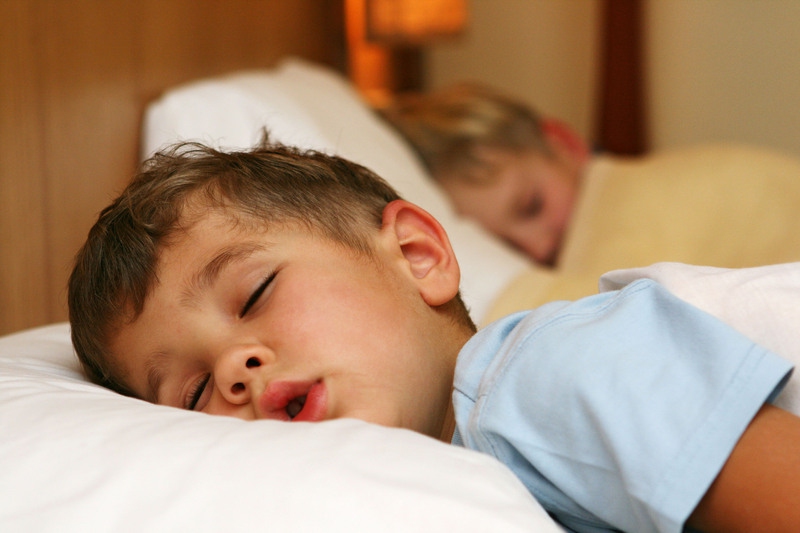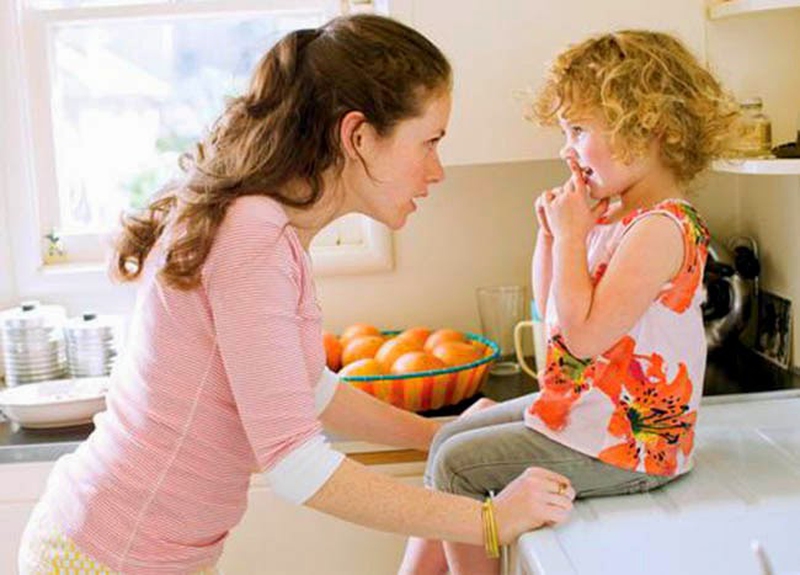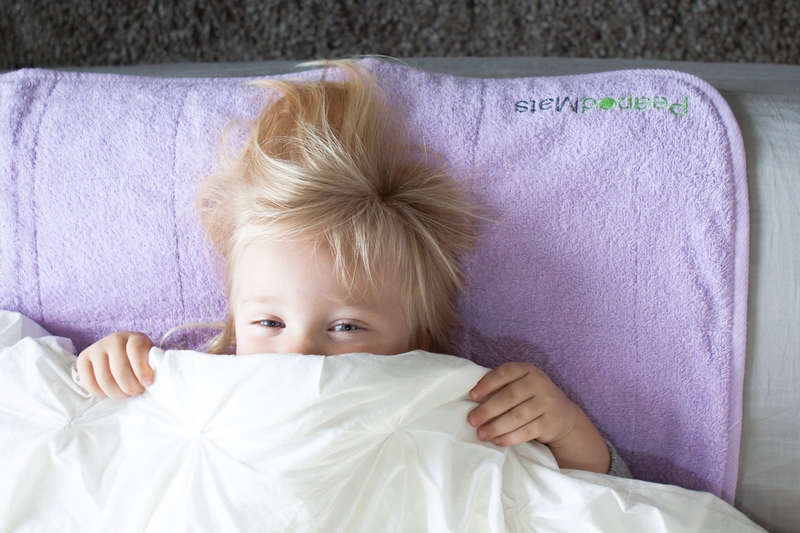It can be frustrating and exhausting when your child is older and yet still wetting the bed. You tried all the tricks, reduced liquids after dinner, woke them up in the middle of the night to use the bathroom, and ensured he goes before he lies down for bed. But nothing seems to be working. Take comfort in the fact that a lot of parents go through this. However, some become concerned that the excess bed wetting could be the result of a bigger issue. The truth is a lot of children will continue to wet the bed until the age of 5, but if you still want to know how to stop wetting the bed, this article will provide you more solutions to try.

How to Help Your Children Stop Wetting the Bed
Stay calm
Don't stress yourself out if your child is still wetting the bed. Close to 15 % of children will wet the bed until they are five years old and some will still wet the bed up until they are seven. Your child's bladder could still be developing and they could still be learning how to gain control over it.
Cut back on fluids in the evening
Begin to reduce the amount your child drinks before their bedtime. This shouldn't be done through the entire day; just a few hours before their usual bedtime. In the morning you should encourage them to re hydrate with a large glass of water, which can actually help reduce the risk of any overnight accidents. If your child is thirsty in the evening, allow them to drink water only and if possible, send them to school with a water bottle to limit the amount of excess fluid they consume from other drinks while at school.
Cut out caffeine
Consuming caffeine can lead to an increase in the urge to urinate because it is a diuretic. While children should avoid consuming
Be aware of what they are eating
How to stop wetting the bed can be also be done by cutting out bladder irritants. Citrus juices, red dyes, sweeteners and artificial flavoring can all irritate the bladder. These bladder irritants can increase the chance of overnight accidents.
Increase bathroom visits
From the late afternoon and into the early evening, you should encourage your child to use the restroom more often. Try to get them to use the bathroom at least every two hours. By doing this, you help them empty out their bladder and reduce their urges to have to go overnight.
Include it in the bedtime routine, twice
Most parents will have their children sit on the potty at the beginning of their bedtime routine. Then they brush their teeth, change into the PJ’s and so on until it is time to climb into bed. What's better, include sitting on the potty at the beginning and end of their bedtime routine. This can help reduce the risk of bed-wettin
Constipation
Constipation can increase the chance of bed wetting due to the pressure put on the bladder. Most children may feel embarrassed to say when they are feeling constipated, but it is usually one of the leading causes of bed wetting for young children. If your child is constipated, make sure they eat a fiber rich diet for a few days. If this change in diet doesn't help relieve them of the constipation, then seek your doctor's help.
Avoid punishment
While you may get frustrated from the continuous occurrence, how to stop wetting the bed should not involve punishing your child for wetting the bed. Most children will already feel embarrassed by the situation.
Use an alarm
There are bed wetting alarms you can use that will go off when moisture is detected. This can help your child wake up and go to bedroom only when it is necessary. Using a bed wetting alarm will reduce your child’s frustration of being woken up in the middle of the night by you to sit on the potty when they may not have to go.
Talk to your pediatrician
While not common,
Medications
Most pediatricians won't recommend medications for bed wetting since most children will grow out of this phase in time. As a last resort, however, medication can be prescribed to help reduce the urge to urinate in the evening or to help the bladder hold more fluids through the evening hours.
Waterproof mattress
How to stop wetting the bed? This may take some time even with tricks mentioned above, so invest in a waterproof mattress, pillow cases and put on the pull-ups. Put out a clean pair of



View All Comments /Add Comment